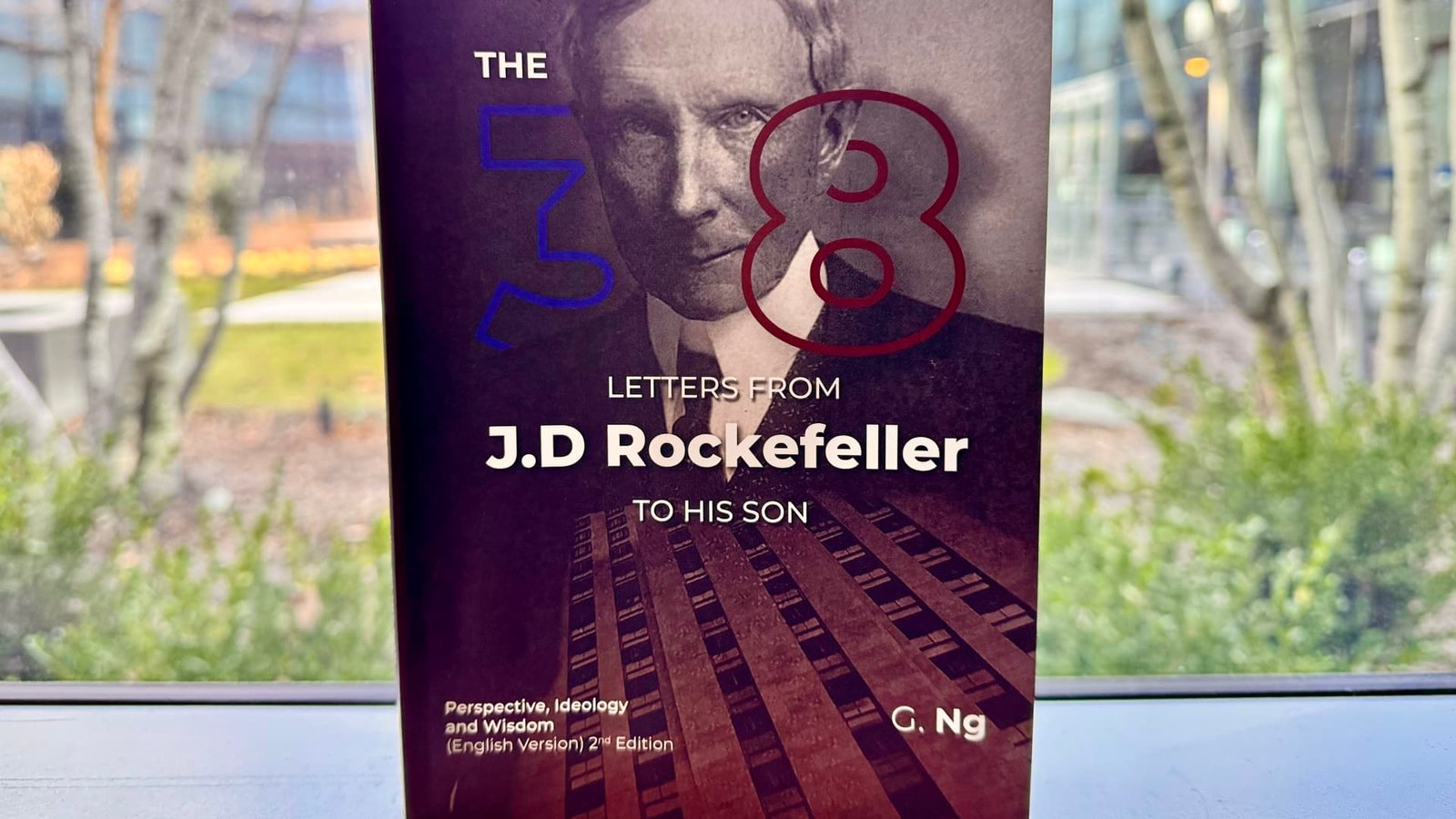Airlines have extended travel waivers for Los Angeles airports as wildfires continue to burn in the area. American Airlines, United Airlines, Southwest Airlines, JetBlue Airways, and other carriers serving the region have waived fees for flight changes for travelers heading to Los Angeles. The city is facing challenges such as power outages, water shortages, conservation efforts, and damage to over 10,000 homes and structures.
As of Friday, the airports in the area were operating normally, as reported by the flight-tracking platform FlightAware. However, parts of the city were still affected by the wildfires. Power outages were widespread in Los Angeles County, and residents in the Pacific Palisades area were advised to boil water or use bottled water. Evacuation orders were still in place in some parts of the county as firefighters worked to contain the fires.
American Airlines announced that travelers flying to or from Hollywood Burbank Airport, Los Angeles International Airport, Ontario International Airport, and John Wayne Airport in Orange County could rebook without incurring change fees or fare differences until January 20th. Southwest Airlines mentioned that service to these airports might be impacted by the wildfires and allowed customers to rebook within 14 days of their original travel dates without extra charges. Customers were also given the option to change their trips to other California cities like Palm Springs, Santa Barbara, and San Diego.
Delta Air Lines reported a decline in flight sales to Los Angeles, one of its busiest hubs for high-value business and leisure travel. Delta’s president, Glen Hauenstein, stated that while there was a decrease in sales during this period, it did not result in a significant impact on the quarter. He noted that after natural disasters, there is usually an increase in demand due to rebuilding efforts. Hauenstein expressed sympathy for those affected in Los Angeles and highlighted the airline’s experience in dealing with various challenges like hurricanes and flooding, emphasizing the initial impact followed by a recovery phase.




